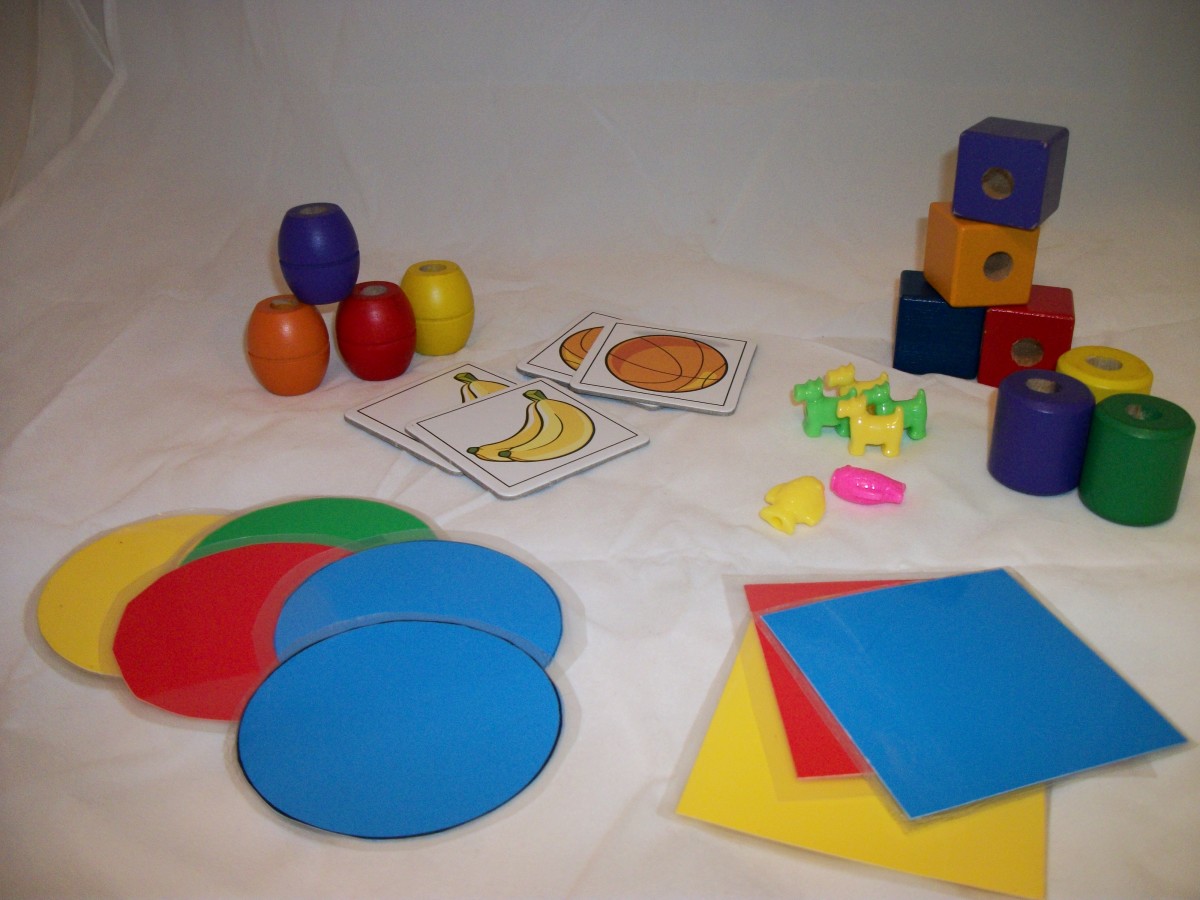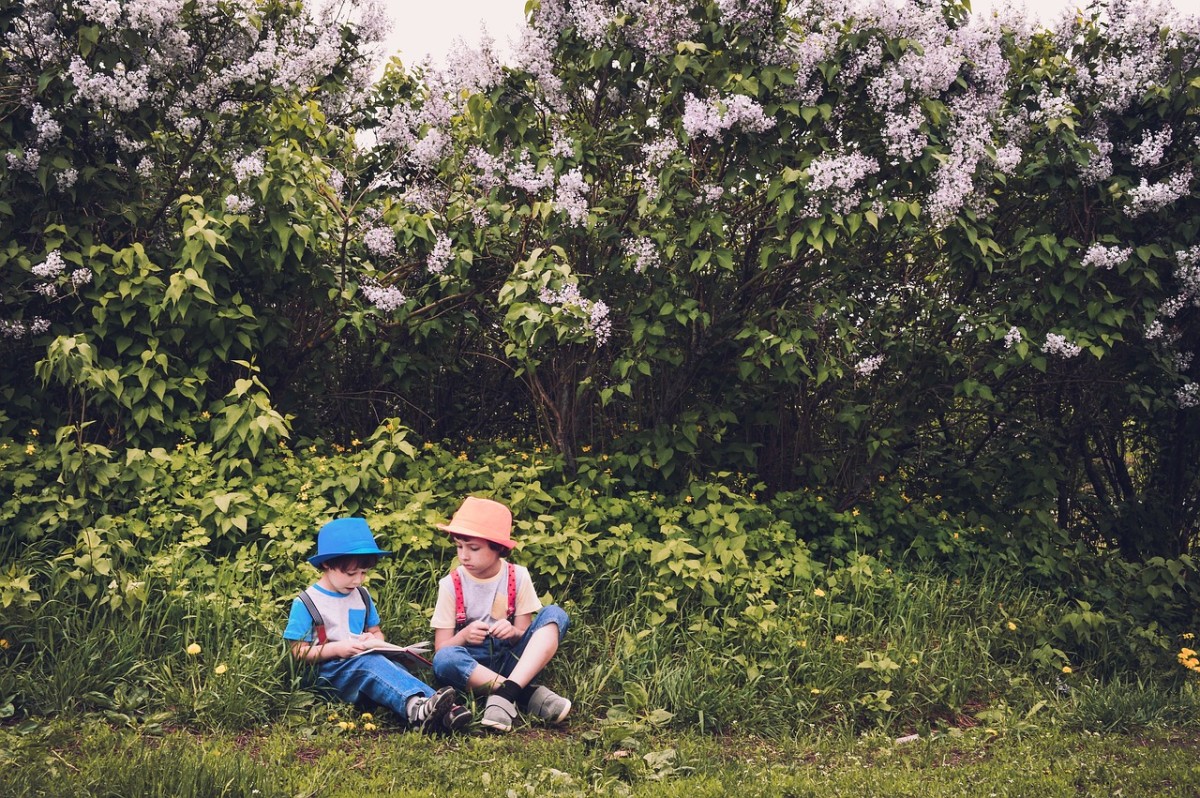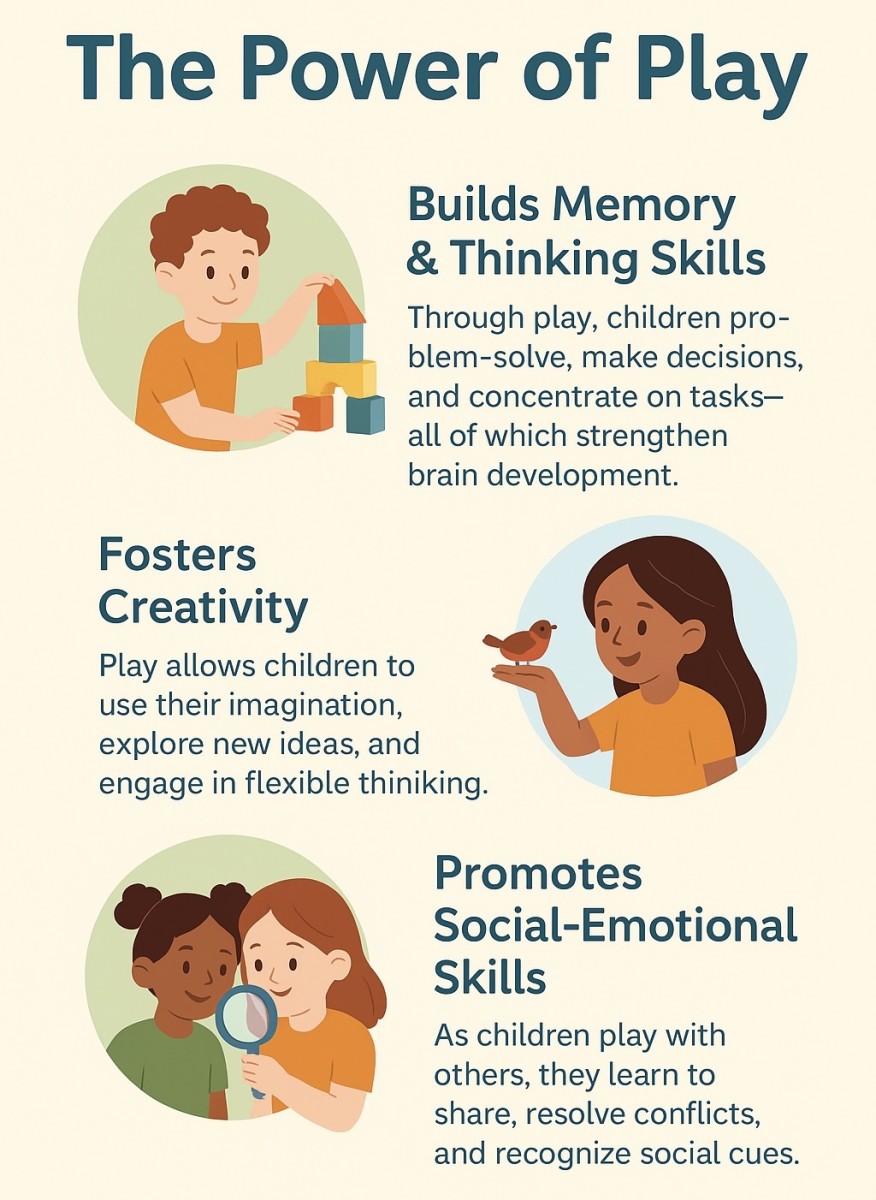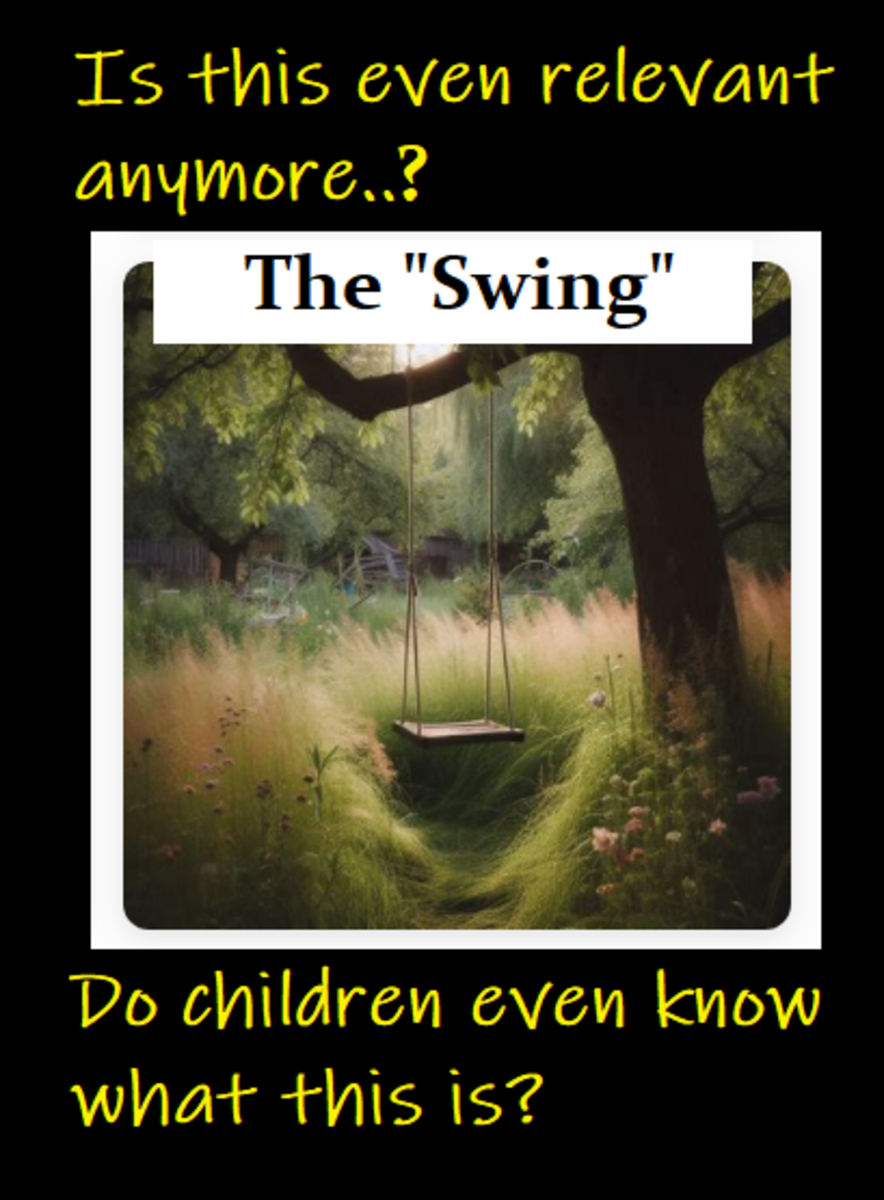- HubPages»
- Family and Parenting»
- Kids»
- Children's Growth & Development
Kids and Playtime
Games in the Past
More than two decades ago, when I was still considered a child, my idea of playtime always involved lots of activity. I would run around the playground with other kids playing tag, swinging, or sliding. More often than not though, I would be on our streets, which were generally safe, playing games locally known as piko (hopscotch), patintero (a game that involved drawing lines using a chalk and making sure that your opponent does not get past you), agawang panyo (getting a handkerchief and running with it to the finish line before anyone can catch you), and the likes. A group of friends and I would also often satisfy our innate curiosity and experience nature by looking for earthworms, picking weeds, and trying to get fruits from our backyard’s trees. Those are days that I often look back on as fond memories because of the fun of being with others. It’s also something that makes me feel really alive whenever I look back on it.
Current Trend of Playtime
Nowadays, however, children do not seem to have many of these kinds of experiences. Whenever I see my nephew, nieces, or students, they are generally humped over a computer or an I-phone, playing games over the net. It is through online sites and gaming apps that they get together and share experiences with their friends. They rarely go out and mingle with others. Outdoor activities are also limited due to many factors, the highest being the fact that our streets are now considered more unsafe than it was back then, whether it is due to the pandemic or to the rise of crimes. Given these observations, I now wonder, how balanced would our kids turn out to be in the future?
Importance of Freeplay
Playtime, especially free play, is a good way for children to explore and interact with each other, especially face-to-face. It teaches important values such as teamwork, leadership, and sharing, and it also fosters creativity as well as good health. Some experts have also stated that “diminished time to play freely with other children is producing a generation of socially inept young children and is also a factor behind high rates of youth obesity, anxiety, attention-deficit disorder, and depression.” Having this in mind, what can we do as parents and educators to help our children in this regard?
Suggestions on Having Variety of Play Activities
Although playing on the streets may not be much of an option for a lot of parents to make, setting play dates with children in the neighborhood or relatives may still be able to provide the children a similar experience as we once had. These playdates may consist of going to a variety of places inside the home or anywhere safe and setting the stage for various games and activities that the children may enjoy, like having outdoor explorations or competitions, even if these are done online or just in your backyard. Weekend with immediate family members should also be planned well. In the same way, schools should also make sure that active and free play is included in their curriculum, especially for young children. Hopefully, doing these things may encourage our children to enjoy more and experience the pleasure that we used to have when we were young despite current limitations.
This content is accurate and true to the best of the author’s knowledge and is not meant to substitute for formal and individualized advice from a qualified professional.
© 2011 Mary Grace








